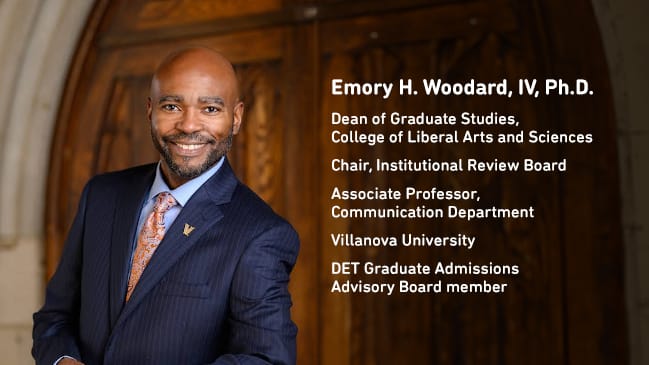In light of the summer 2023 Supreme Court decision to strike down race consciousness in admissions, graduate schools are grappling with how to address issues of diversity. This was reflected in the programing at the recent Council of Graduate Schools (CGS) conference in Washington, DC, where sessions covered topics ranging from diversity and access in graduate education, to legal challenges to DEI to gender equity programs and policies.
As administrators within the graduate education space, our goal is to be efficient and effective in all of our operations—the double E’s. We want to responsibly grow our operations and adopt tools that allow us to advance our institution’s teaching, research, and service missions despite rapidly changing conditions. 2020 taught us that the world can become a very different place in a very short period of time. In order to persist, our operations need to be resilient, and they must be agile.
As world-class institutions, our universities should reflect the world we are preparing our students to lead. Teaching our students to thrive in diverse environments prepares them for the global community they will inhabit when they leave our institutions. Therefore by valuing difference, we create inclusive communities that convey a sense of belonging to all of its members.
For decades, the CGS has been a champion of diversity, equity, access and inclusion, going back to its statement of principles on the matter, first made in 1996 and updated and reaffirmed several times over the years.
As the CGS statement asserts, and I firmly believe, creating access and opportunity for all is a moral imperative in higher education. The high quality education we have to offer is transformational for not only the students we serve but their families and communities over generations. Supporting diversity and inclusion also makes economic sense as diverse teams and approaches are just better than monolithic ones across a host of indicators, such as creativity, problem solving, and profitability.
This has been a blight domestically since our nation’s founding, and I do not want to take away from the struggle to address these wrongs. I do, however, want us to consider the global struggle to address systemic problems of power and privilege. It has been tough in the United States for marginalized communities, but we are not alone in suffering. We need to defend our value of difference from its enemies, domestic and abroad.
If the CGS statement of principles on diversity, equity, access and inclusion applies to international students, then we have some work to do to ensure that our world-class institutions reflect the world: We need to ensure that our enrollment efforts are drawing from the widest pool possible of talented prospects from around the world.
One tangible way to increase diversity among international students is to make admissions more accessible to these populations, by offering more choice among entrance exams, such as English proficiency exams. The Duolingo English Test recognizes that while talent is equally distributed around the world, opportunities are not. This digital-first assessment, which Villanova’s College of Liberal Arts and Sciences adopted as a tool in its enrollment process last year, helps to ensure that students everywhere have the opportunity to accurately and securely test their best.
As a leader with oversight for admissions, I have an obligation to use this power to address the systemic challenges posed by the historical inequities of this nation and our world. I hope other administrators feel this too. We must deploy policies and practices that allow us to attract, retain and support such students without regard to their power or privilege. To change the world, we need to reduce barriers to access to the transformative power of graduate education, domestically and abroad.
